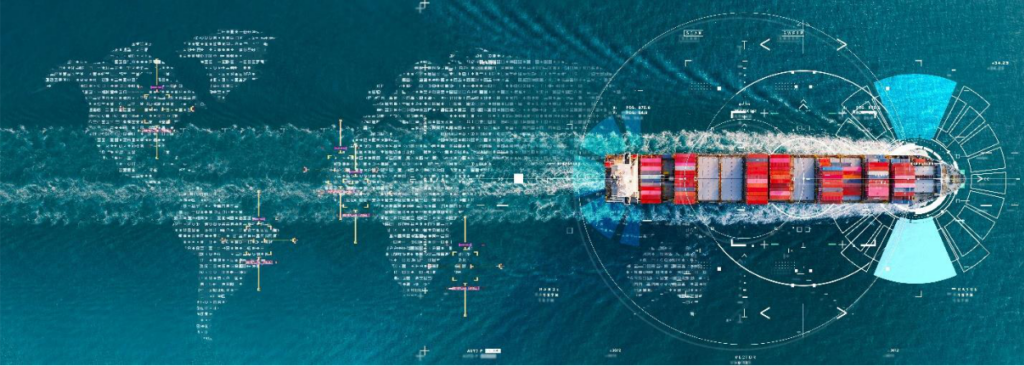
Country Risk Report – December 2023
$4.23 trillion |
State Department Travel Advisory Level Level 1 – Exercise Normal Precautions |
73/180 |
Anti-Money Laundering/Terrorist Financing FATF Member |
13/125 |
Free |
Country Risk Report – December 2023
| GDP (2021) | $4.23 trillion |
| State Department Travel Advisory Level | Level 1 – Exercise Normal Precautions |
| Corruption Index Score (2022) | 73/180 |
| Anti-Money Laundering/Terrorist Financing | FATF Member |
| Property Rights Index | 13/125 |
| Freedom House Ranking | Free |
Japan is domestically stable and a pillar of a now-industrialized East Asian region. Geopolitically, Japan remains vulnerable in the event of a regional war involving China and Taiwan or a war on the Korean Peninsula. In both instances, Japan’s partnerships with the United States render its involvement likely if conflict evolves into open hostilities. Japanese firms face similar risks to Western companies doing business with China in the broader region.
Elected in 2021, Prime Minister Kishida Fumio is recovering from several scandals in late 2022 to early 2023. His party, the conservative Liberal Democratic Party (LDP), maintains its hold on the Japanese Diet. Their primary policy goals involve reinvigorating Japan’s economy and increasing defense spending.
Political parties in Japan shift around often, but the current main opposition to the LDP includes the right-leaning Nippon Ishin no Kai, the left-leaning Democratic Party for the People (DPFP), and the left-leaning Constitutional Democratic Party (CDP). Though these parties overlap on many issues, they compete for seats in the Diet. The LDP maintains a slim majority but must form a coalition government with another party. The LDP has an alliance and a renewed coalition government with center-right party Komeito. The coalition maintains a majority in both houses of the Japanese Diet. However, the DPFP’s recently elected leader, Yuichiro Tamaki, would look to cross ideological lines to form a coalition with the LDP if the current majority coalition loses seats in the Diet.
Prime Minister Kishida has been expected to dissolve the Lower House and call a snap election to cement the LDP’s dominance in the Diet for some time. He recently reshuffled his cabinet, balancing the various LDP faction representations, losing some scandal-ridden cabinet members, and promoting female politicians – likely to remedy falling approval rates. While the snap election did not occur in 2023, the possibility remains in 2024, although now less likely.
Japan’s economy is finally showing some improvement decades after the bubble burst, but recently, this progress has slowed more than expected. The yen remains weak compared to the US dollar, the Nikkei 225 index is up 30% this year, and the Bank of Japan has elected to maintain its ultralow interest rate of -0.1%. Japan's main exports include motor vehicles, electronics, and machinery.
The Japanese Diet passed a law in April 2022 called the “Economic Security Promotion Act” in response to growing geopolitical risks from Russia and China. This law has four central pillars: securing critical supply chains (such as semiconductors), ensuring connected infrastructure, utilizing government and private research to identify leading developing areas of innovation and technology to be competitive in these areas, and classifying certain Japanese patents to protect critical technologies.
Prime Minister Kishida is prioritizing economic growth after the COVID-19 pandemic by promoting “New Capitalism,” focusing government efforts on people, startups, and investments. New Capitalism looks to pursue economic growth and drive wealth distribution by raising wages and encouraging investment in technology and startups. Kishida plans to implement tax incentives to make businesses more amenable to wage increases. Japanese banks are starting dedicated sections for startups in response to the Kishida Administration’s 2022 Action Plan.
Recently, however, wages have slumped. Prime Minister Kishida plans to release an economic stimulus package estimated at around 10T yen ($68B) to combat the fall, rising fuel prices, and inflation.
Defense spending now makes up a much more significant percentage of the Japanese economy. A recently proposed defense spending plan aims to set defense spending at 2% of gross domestic product by 2027.
Note: A lot of the investment opportunities in Japan fall within heavily regulated areas, some related to US national security. Conducting the required level of due diligence covering any potential trade partners will be essential to avoid any regulatory failures or other risks.
Level 1-Exercise normal precautions in Japan. No recent alerts.
Japan is incredibly receptive to outside business investment and development. The Japanese government encourages both Foreign Direct Investment and the establishment of companies. There are, however, obstacles to mergers and acquisitions; the problem is not the government but the local business culture, which is traditionally hesitant to outside unprompted mergers.
The Japanese government’s eagerness to create a business-friendly environment can be extremely useful to interested investors looking to benefit from their programs. U.S. companies may want to monitor the progress of Prime Minister Kishida’s “new capitalism,” as its success or failure will likely impact labor markets within Japan.
Want To Know More?
For a deeper review of political, economic, due diligence and security risks for Japan, please contact us.
Our due diligence investigations help you understand fraud, bribery and corruption issues so your organization can avoid unnecessary risk exposures.
Protecting your corporation’s Board of Directors, shareholders and employees are part of key risk mitigation strategy.
Infortal has screened workforces for Fortune 100 companies, banks, law firms for 30 years including nationwide and international hires.
